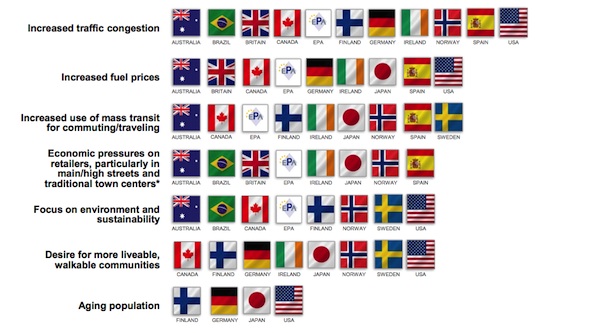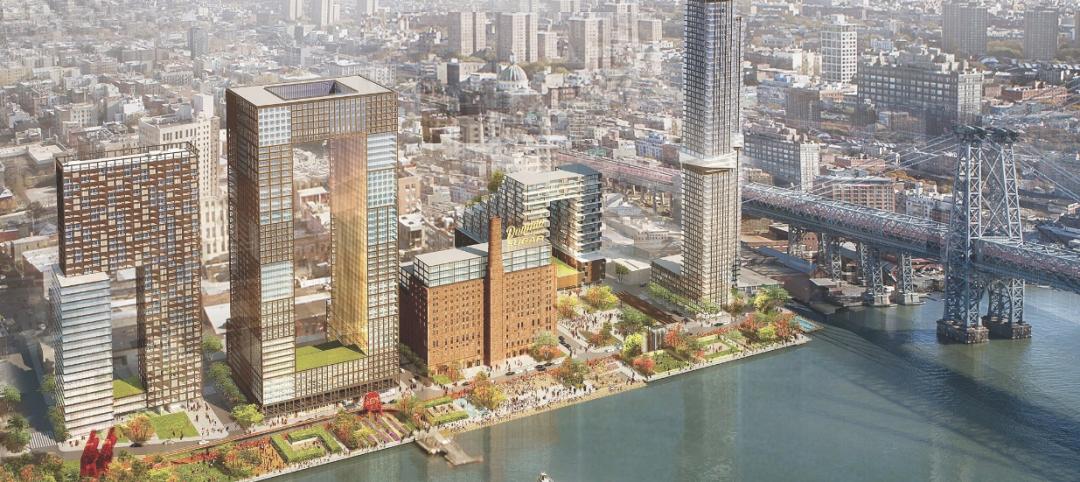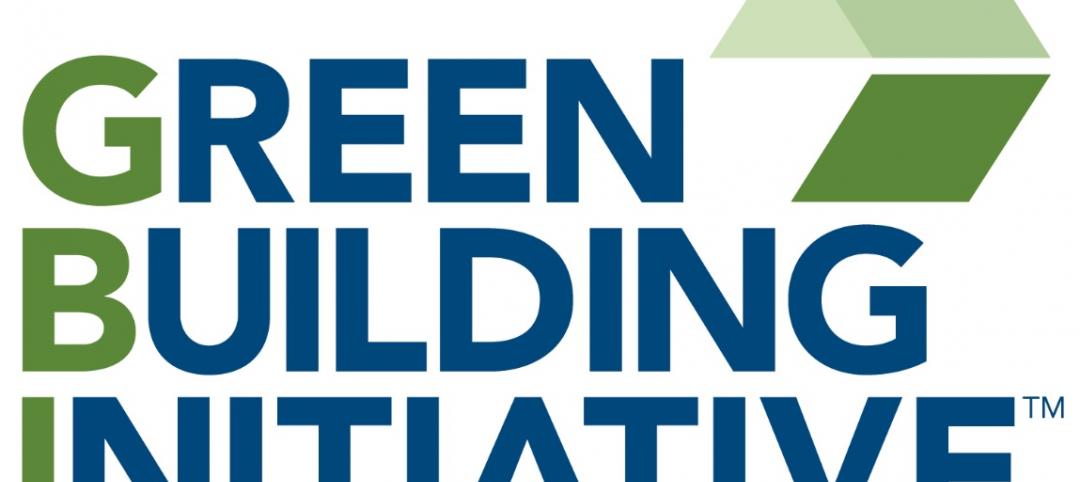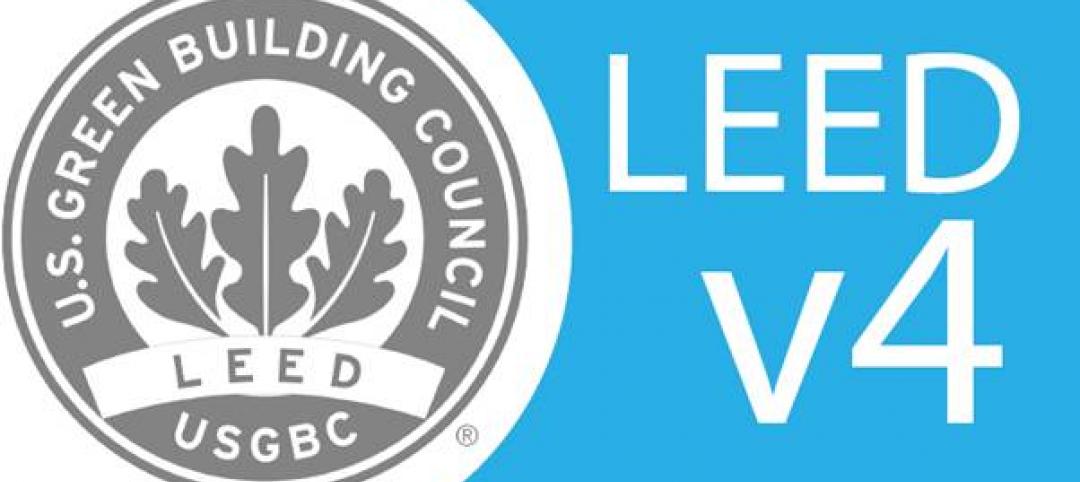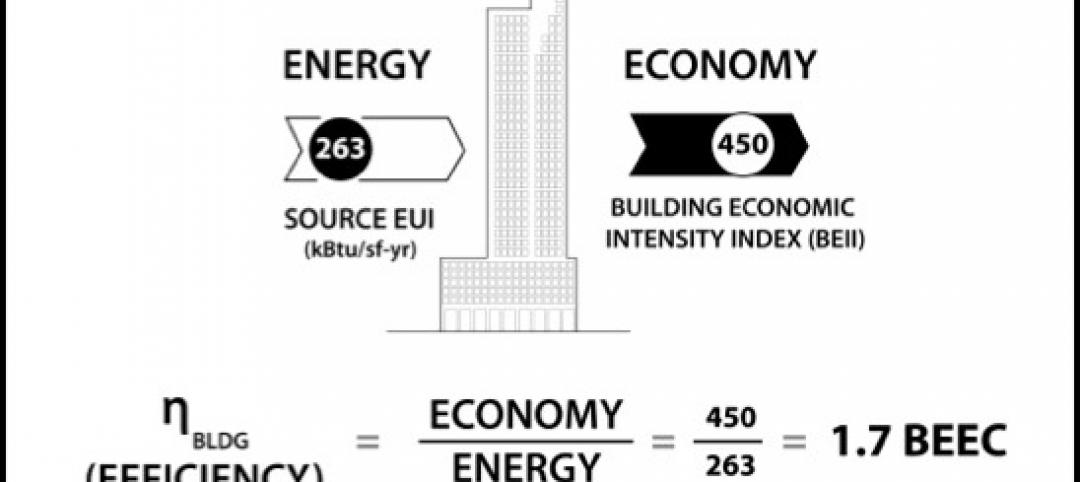(Dublin, Ireland) -- Do parking challenges and solutions differ significantly around the globe? Are Japan's parking priorities the same as those in Great Britain or Brazil? To answer these and other questions and begin to build a knowledge base that can benefit all countries, the Global Parking Association Leaders (GPALs) Summit, a group comprised of parking associations around the world, recently surveyed parking professionals from 21 countries. The results, shared last week at the European Parking Association (EPA) Congress in Dublin, Ireland, revealed some universal similarities along with a few interesting country-specific differences.
Technology is Revolutionizing Parking
Within the past few years, technology has transformed the parking industry in many countries, making it easier for parking professionals to meet the demands of drivers who want to access, exit, find, and pay for parking. The majority of parking facility owners, operators, and managers polled listed the move toward innovative technology as the leading industry trend. Cited were GPS and mobile phone technology, electronic payment, sensor space-monitoring systems, and a shift toward accommodating electric vehicles.
What Cities Are Seen as Having the Most Progressive Parking?
Asked to name up to three cities within or outside of their own countries they would consider trendsetting or progressive in terms of their approach to parking, survey respondents most often cited London (named by nine countries), San Francisco (seven countries), Amsterdam and Paris (five countries each), and Barcelona, Seattle, and Tokyo (four countries). U.S. respondents also identified New York, Los Angeles, and Washington, D.C. as being progressive about parking.
Sustainability an Industry Focus
Along with technological improvements, the parking industry has been revolutionized by a heightened environmental awareness, with parking professionals assuming active roles in fostering sustainability in their communities. Sustainability proves to be a broadly-shared global concern, with most respondents saying the greatest environment benefit comes from on- and off-street guidance systems that enable drivers to find parking faster, reducing carbon emissions. Coming in a close second is energy-efficient lighting, seen as one of the top three priorities for a majority of countries, particularly Germany (85 percent) and Brazil (72 percent). The third leading trend of encouraging alternative travel through bike storage, car and bike share, and access to mass transit, is clearly seen as a priority in Norway (70 percent), followed by Britain, Australia, Ireland, Brazil, and the U.S.
"This is the first time parking associations around the world have collaborated to identify industry trends, and it is clear that we share many of the same challenges and opportunities," says Shawn Conrad, CAE, executive director of the U.S.-based International Parking Institute (IPI), the world's largest parking association. "Despite our many common issues, we see some interesting differences in countries' priorities and circumstances, and I believe we will be able to learn much from each other."
While decision-makers' attitudes toward parking appear to be positively shifting around the world, most respondents feel that more collaboration is needed, particularly between parking professionals, urban planners, and local government officials. This was most strongly voiced in the Scandinavian countries, but at least half of those polled in Australia, Britain, and Canada agreed. In the U.S., urban planners, architects, and local government officials emerged as the three groups most in need of parking education.
According to Conrad, the survey results point to the need to tap parking expertise earlier in the urban planning process to avoid later issues with economic development, transportation flow, congestion, and design.
Societal Factors: Can Smart Parking Solutions Ease Traffic Congestion?
Most of the countries surveyed listed traffic congestion as having a significant societal influence on parking. (Australia, Canada, and the U.S. viewed traffic congestion as the leading influence, followed by Brazil, Britain and Germany). One-third of those surveyed believe that parking's greatest future challenge will be dealing with this scarcity of space and resources and rising mobility costs in urban areas.
Other societal influences on parking varied by region. They included economic pressures on retailers (listed first by Brazil, Britain, Ireland, and Spain), increased fuel prices (listed first by Spain and second or third by six other countries), the focus on environment and sustainability, and the desire for more liveable, walkable communities (both of which were rated most highly by all three Scandinavian countries, followed by Canada, Germany, and the United States). Only Brazil cited a shortage of qualified employees that was affecting parking.
Conrad said the GPALs Global Parking Survey is not a statistically projectable study, but it's a valuable snapshot and the beginning of knowledge-building and future collaborative projects among parking associations around the world."
The surveys were conducted by individual country parking associations and analyzed by the Washington, D.C.-based Market Research Bureau, with assistance from Giuliano Mingardo, a senior researcher in the Department of Regional, Port and Transport Economics at Erasmus University in Rotterdam.
The Global Parking Association Leaders (GPALs) Summit is an annual meeting of parking association leaders from around the world. Established by the International Parking Institute in 2012, the GPALs Summit is an opportunity for those leaders to gather, share information, and learn from each other in a friendly forum that encourages discussion and dialogue on a wide range from topics.
The next GPALs Summit will be held in conjunction with in Dallas, Texas, June 1-4, 2014, at the annual IPI Conference & Expo, the largest gathering of parking professionals in the world.
For a list of participating countries, and to view a downloadable report of survey results, visitwww.parking.org/gpals. The charts below reflect the most popular responses among the countries whose flags are shown.
Most impactful trends
Most potential to improve sustainability
Societal changes influencing the parking industry
Related Stories
| Jan 11, 2014
Getting to net-zero energy with brick masonry construction [AIA course]
When targeting net-zero energy performance, AEC professionals are advised to tackle energy demand first. This AIA course covers brick masonry's role in reducing energy consumption in buildings.
| Jan 8, 2014
New materials should help boost sustainability in cities by 2020
Newer developments include windows made with nano-crystals that control intense heat penetration while lighting living areas from the outside.
Smart Buildings | Jan 7, 2014
9 mega redevelopments poised to transform the urban landscape
Slowed by the recession—and often by protracted negotiations—some big redevelopment plans are now moving ahead. Here’s a sampling of nine major mixed-use projects throughout the country.
| Jan 6, 2014
Green Building Initiative names Jerry Yudelson as new President
The Green Building Initiative announced today that it has named Jerry Yudelson as its president to accelerate growth of the non-profit and further leverage its green building assessment tools, including the highly recognized Green Globes rating system.
| Jan 6, 2014
An interview with Jerry Yudelson, President, The Green Building Initiative
Green building consultant Jerry Yudelson has been named President of the Green Building Initiative and the Green Globes rating program. BD+C's Robert Cassidy talks with Yudelson about his appointment and the future of Green Globes.
| Jan 3, 2014
World’s tallest vegetated façade to sprout in Sri Lanka [slideshow]
Set to open in late 2015, the 46-story Clearpoint Residences condo tower will feature planted terraces circling the entire structure.
| Jan 2, 2014
Measuring whole building energy use among big changes in LEED v4
A new prerequisite in LEED v4 calls for each project to measure whole building energy use, and then share that data with USGBC.
| Dec 26, 2013
WDMA launches project to create ISO-compliant architectural doors
WDMA's National Architectural Door Council has initiated a project to create ISO-compliant Product Category Rules for architectural wood flush and stile and rail doors
| Dec 20, 2013
Can energy hogs still be considered efficient buildings? Yes, say engineers at Buro Happold
A new tool from the engineering firm Buro Happold takes into account both energy and economic performance of buildings for a true measure of efficiency.
| Dec 19, 2013
NRDC report relates green infrastructure investments to commercial property value [Infographic]
The Natural Resources Defense Council has released The Green Edge: How Commercial Property Investment in Green Infrastructure Creates Value -- a first-ever illustrative and well-documented report that helps demonstrate the value of green infrastructure. It draws from available published material to capture the multitude of tangible, monetizable non-water quality and water quality benefits that green infrastructure investments (trees, rain gardens, and porous pavement, rainwater harvesting cisterns, bioswales, etc.) can unlock for the commercial real estate sector, including commercial property owners and their tenants.





